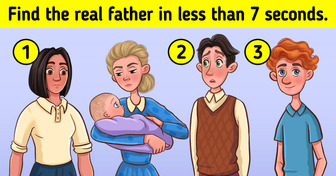I wish I received more support when I got bullied at school :(
8 Tips for Your Child to Win Teasing Wisely
If your child does come to you with such a problem, we at Bright Side hope our tips will help you and your kid figure out what to do so that they can deal with it better.
1. Find something your child is really good at.
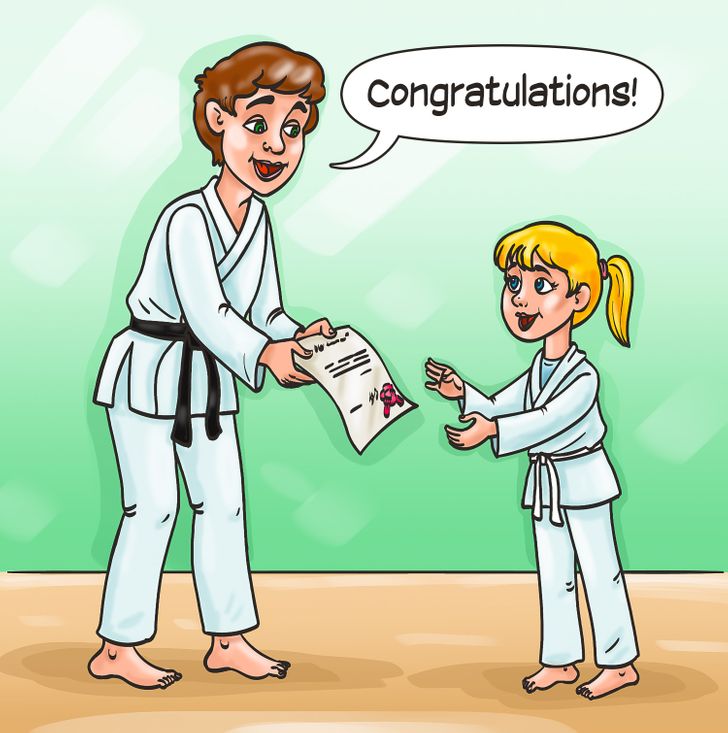
You can encourage your child to do more activities that they’re good at, and that will make them feel more confident. Talk to them about their accomplishments and tell them how good of a job they’re doing, and this will also make them feel good about themselves and help build their self-esteem.
2. Tell them it’s okay to ask for help.
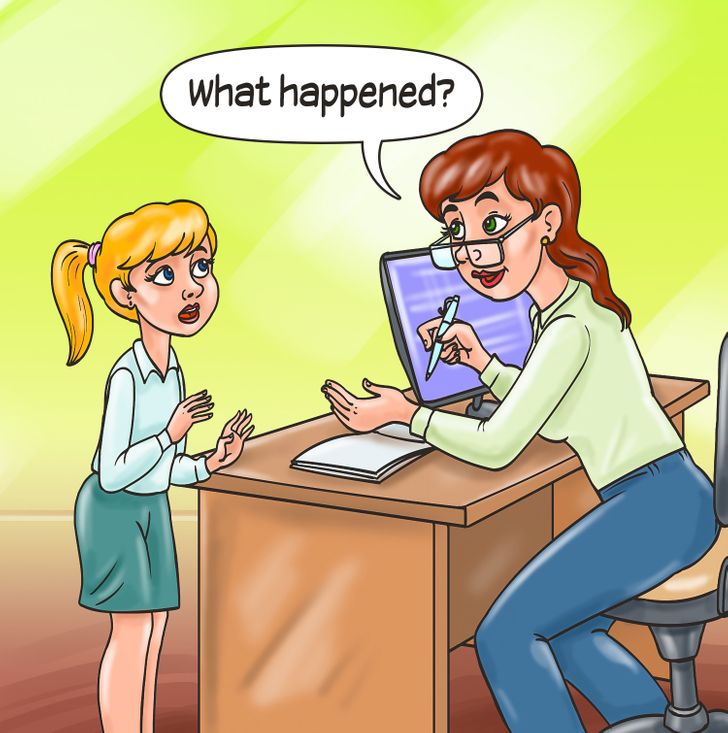
Being a little kid, it might be hard to stand up for yourself on your own. Some children can do it, but some are more shy and hesitant. So you should teach your kid that there’s no shame in asking an adult for help, like their school teacher.
3. Listen to your child.
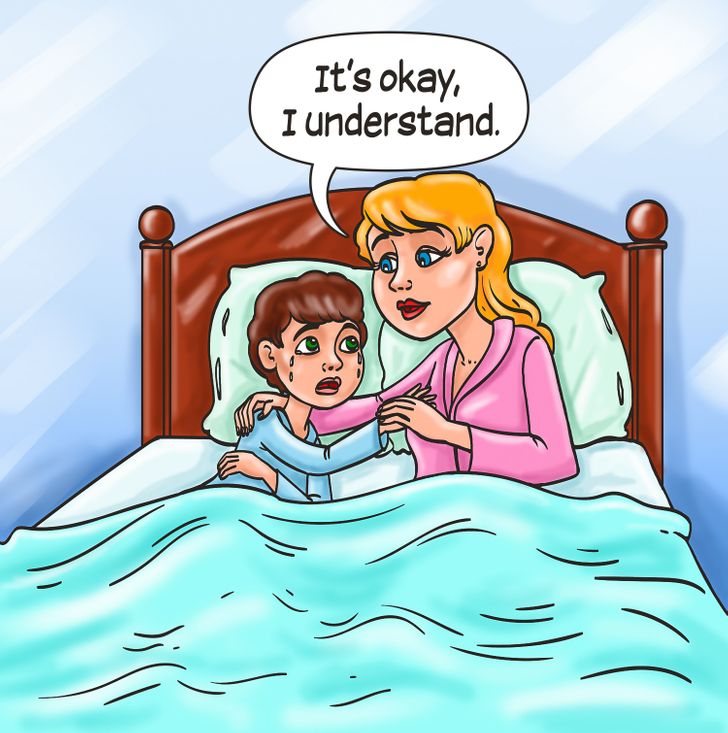
Talk to your child about what’s going on at school, and make them feel heard and understood. Just knowing that you’re there to help and support them can be a big relief for your child. Try not to react with strong emotions because your child might stop talking to you in fear that you’ll get upset in the future. Finally, don’t try to find a reason in your child’s behavior to explain why they’re being teased. It’s not their fault, and if you blame them, it will only make them more anxious.
4. Name what’s happening to them.
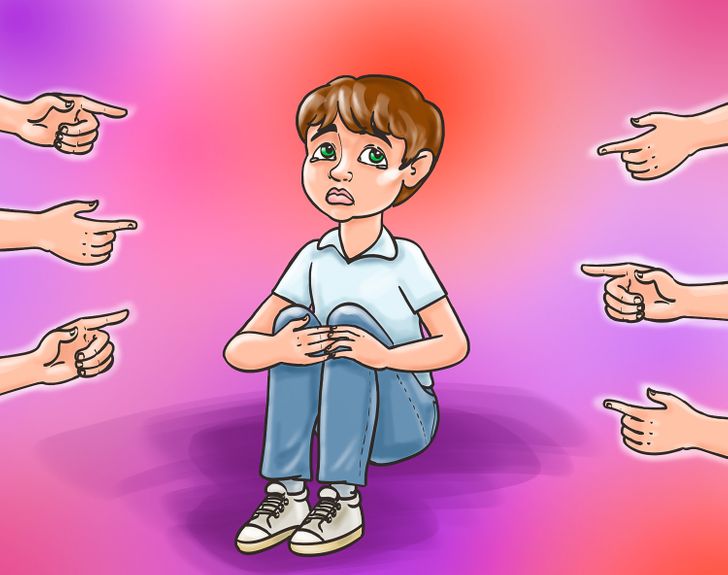
Whether it’s teasing or bullying, use these words when you talk to your child about what’s going on at school. These words are very negative, and it can be empowering for kids to be able to attach them to a certain behavior, like when someone’s calling them names.
5. Tell them not to react to teasing.
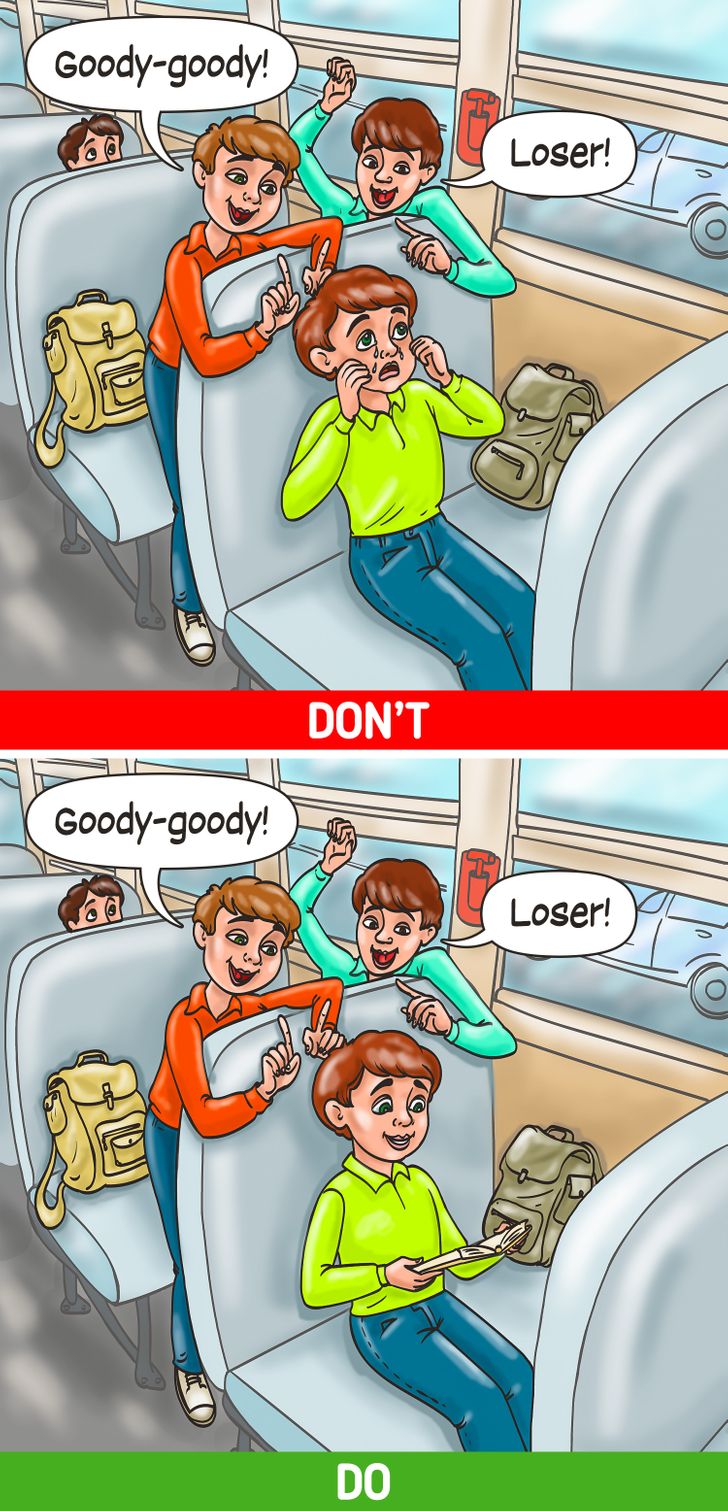
Bullies want to get an emotional reaction from your kid, so getting angry or crying may only lead to more teasing. Teach your kid to try to ignore the teaser, as if they were invisible. If possible, they should also walk away. You can even role play with your child, and praise them if they react the way you taught them.
6. Practice visualization.
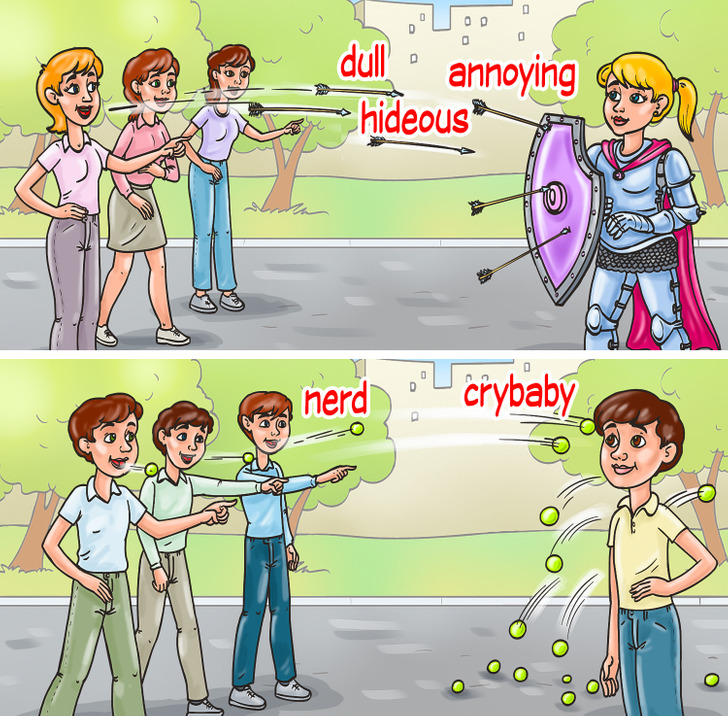
Visualization can be an effective technique in helping your child handle teasing. For example, you could ask your child to imagine that they have a shield around them that doesn’t let hurtful words get to them. Or they could pretend that words are “bouncing off” of them every time the teaser says something negative about them. This can help them understand that what other people say doesn’t have to affect or hurt them.
7. Teach them how to turn teasing into a compliment.

Teasers want to make another kid feel hurt, but they can’t do it if you teach your child to turn something negative into something positive. For example, if your child wears glasses and the teaser calls them “four-eyes,” your child could thank them for noticing the specs. This will definitely confuse the teaser, and they might not want to do it again, knowing that they won’t get the reaction they want.
8. Tell them to agree with facts.
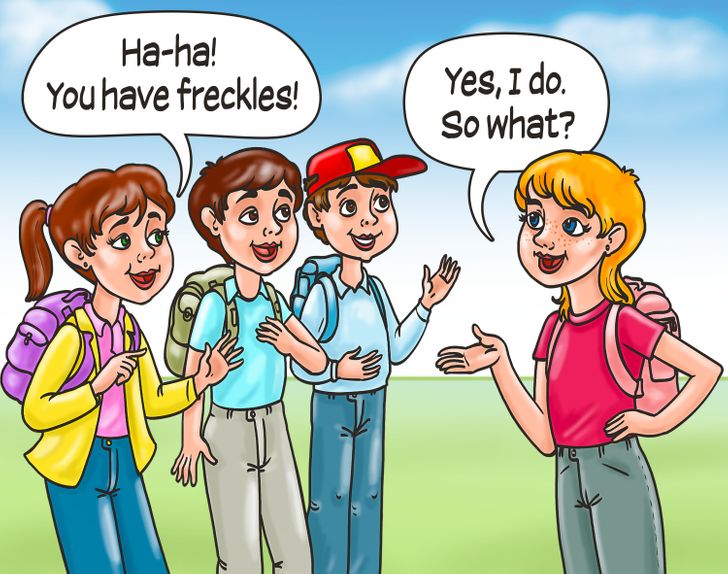
If teasing is based on something that’s true, like that your child has a lot of freckles, you can teach your child to just agree with the teaser. This doesn’t mean your kid should feel bad about themselves and let the bully win. There’s nothing wrong with having freckles or wearing glasses, and you should make sure your child understands that and isn’t ashamed of it. It might be something that makes them insecure about themselves, and it’s your job to convince them otherwise.
So if the teaser decides to attack a certain feature, your child will know that there’s nothing bad about looking the way they do or behaving the way they behave. And agreeing with facts will show the teaser that your kid is confident enough and not afraid of them.
Has your child ever had to deal with teasing? How did they react? How did you react? Did you find a solution to the problem?
Comments
Related Reads
Choose the Most Successful Person and See What It Says About Your Personality

The 20 Most Attractive Nationalities According to Ordinary People

16 People Share Their Most Embarrassing Dates That Taught Them a Lesson
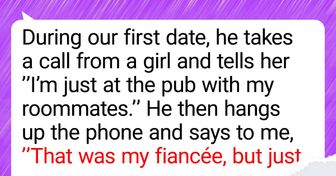
17 Powerful Drawings With Minimal Colors But Maximum Sense

10 Celebrities That Do Their Makeup So Well, They Sometimes Prefer Not to Call In the Pros

15+ Riddles That Will Keep You Entertained for Hours
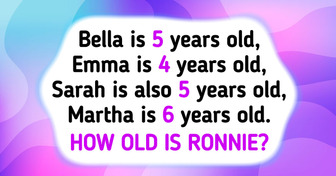
My MIL Forbade Me From Coming to Thanksgiving - There Was Heinous Plot Behind It
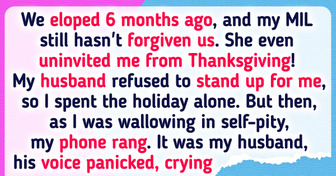
10 Small Acts of Kindness That Changed Someone’s Life Forever

11 Real Concert Stories That Prove Anything Can Happen at a Show
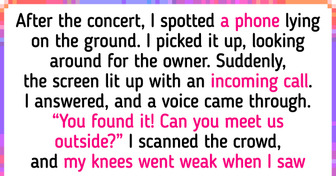
12 Real Stories Shrouded in Eerie Mystery
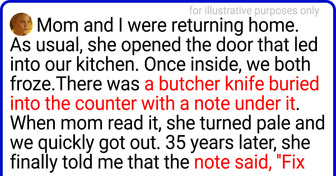
13 People Who Had Been Living in a Web of Lies and Deceit
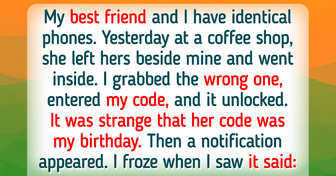
14 Riddles That May Make Us Look Twice Before Saying the Answer
